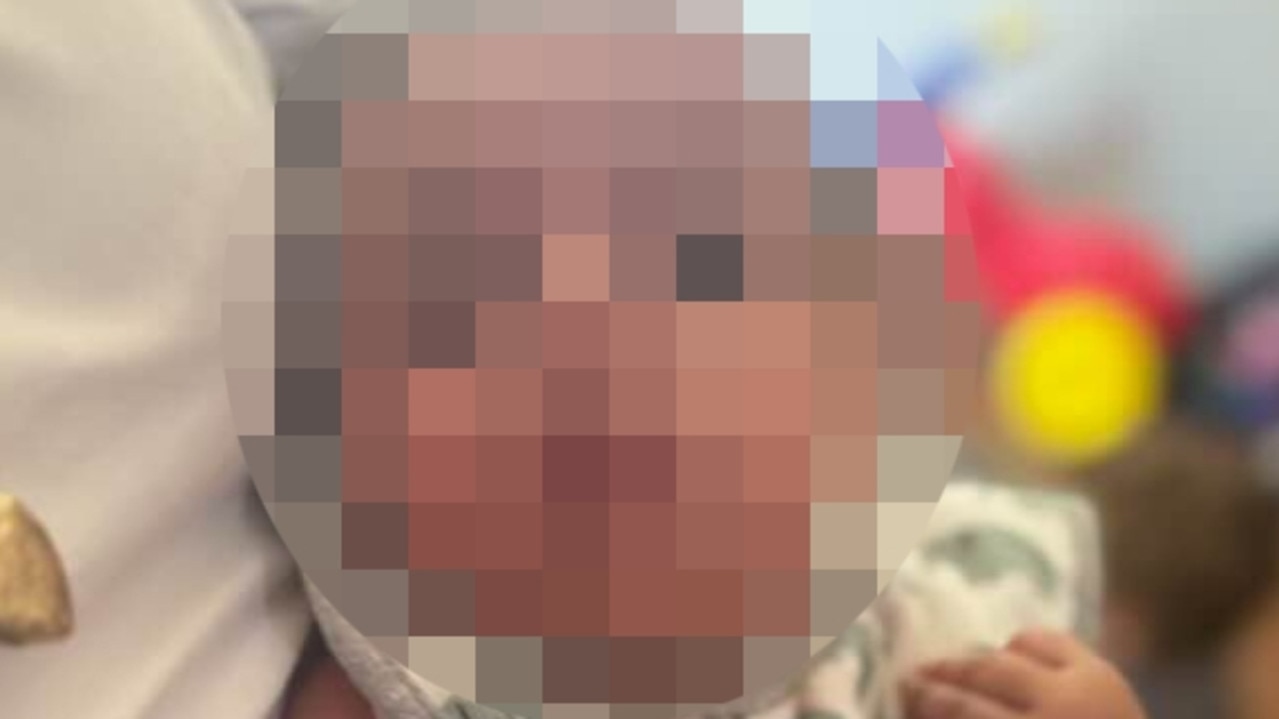Annika Smethurst reveals personal toll of AFP press raids
Journalist Annika Smethurst’s world was turned upside down when police raided her home. Her story is one of the drivers of our Right to Know campaign. She is not just the human face but also the human cost of the government’s lust for secrecy.

NSW
Don't miss out on the headlines from NSW. Followed categories will be added to My News.
Initially it was the sound of a doorbell that caused a rush of anxiety.
It’s taken many months but I am now comfortable opening the door to the delivery man and that’s a milestone I never thought I would need to celebrate.
Other things have been harder to overcome.
In June my house was raided by seven police officers. Perhaps it was a survival mechanism, but on that day my brain wouldn’t let me think about the impact this might have on my life. Even as the police started searching through my bathroom cupboards I failed to understand the magnitude of what would happen after they left.
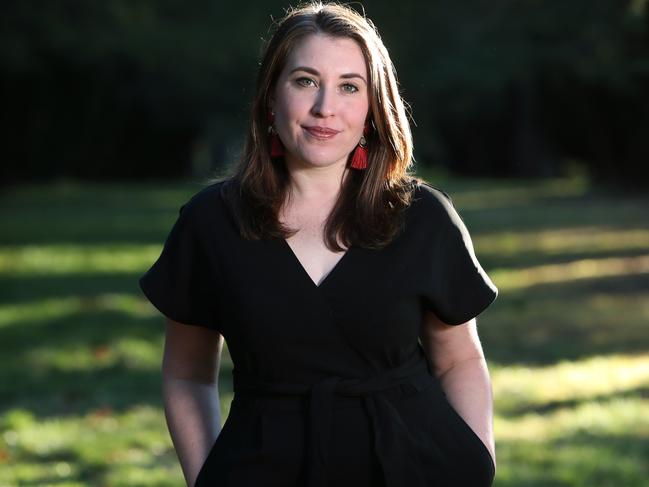
MORE NEWS
Schapelle, Cher and I: ‘The day I sat down with Corby’
Paul Gallen and peptides: What really happened
Before June, unpaid parking tickets — I am terrible at life admin — were probably going to be the only reason I might end up in front of a judge. Next month the High Court is scheduled to hear a case titled Smethurst v Commissioner of Police.
For four months I have woken up each morning knowing there is a possibility I could be arrested and even go to jail. I don’t know when it might happen but the threat is always there. It’s difficult to explain the toll that can take on a person but I did find myself googling the average age women get grey hair recently if that is any indication.
Jail is a daunting proposition but now just feels like background noise — albeit loud background noise — in my now chaotic life.
Annoyingly in those blissful moments when I do manage to forget about what could happen, I am jolted back to reality by a radio broadcast, newspaper article or one of the many members of the public who now approach me, mostly with messages of support.
In order to survive I have limited my media consumption, which is not only limiting professionally but it has denied me something I have always loved.
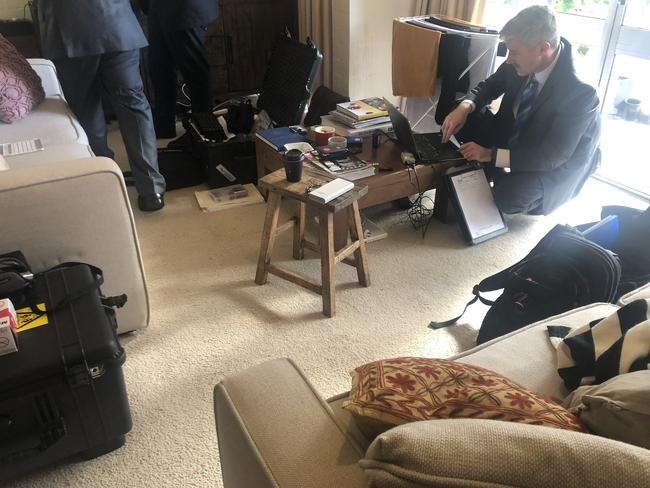
My professionalism and ability to do my job has been challenged in parliament by senior government officials on a mission to discredit me and is now written into Hansard.
Lawyers, whom I had had very little to do with, now contact me each week. They are nice people but I cannot wait to never hear from them again.
But that could be months, perhaps years away.
I decided to move house immediately after the raid as I was haunted by memories of police touching every item in my home. That modest two-bedroom apartment was the first house I lived alone — without housemates or family — and I loved every day of living there. Every day except one.
As a journalist I have interviewed people who have been thrust into the media spotlight. Sometimes it has been a choice but often it has been through circumstance. I have learnt the hard way that infamy is awful.
I didn’t want this to be about me and I never wanted to be a spokesperson for press freedom but I know it is important so I do it. Defending press freedom is about defending everyone’s freedom.
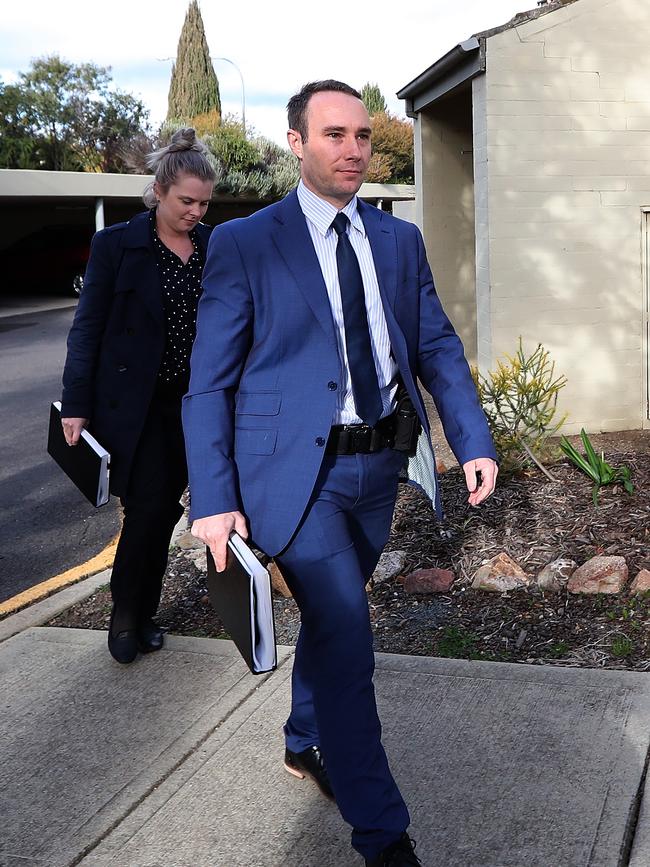
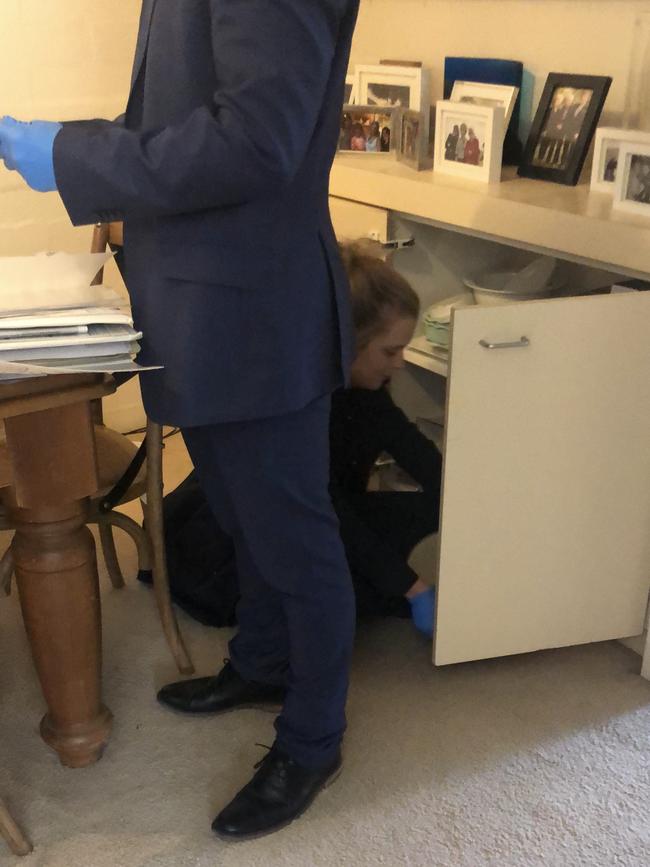
The responsibility of speaking up for something as important as press freedom is daunting and I constantly worry that I am not up to the task.
I worry for my parents and for my friends. Worry is my new normal.
In the past four months I have also learnt a lot about Australians and how we use humour as a defence mechanism, often to avoid talking about serious issues that make us uncomfortable. Jail jokes: I have heard them all. There has not been a single day since June that someone hasn’t had a laugh about the prospect of me losing my freedom.
“Haven’t they locked you up yet?” is the most popular one and has been thrown my way by both strangers and senior politicians in the halls of parliament. Apparently it’s what we say when we don’t know what to say. I always smile and hope that no one will see how terrified I actually am.
I don’t believe these remarks are intended to hurt me but it has taught me how to speak to anyone facing adversity. When a very senior Labor MP cracked a joke at my expense late last week I reflected on how insensitive it would be for me to mock him or his party’s election loss. But apparently my situation is fair game.
I am not seeking sympathy as my woes pale to insignificance when compared to other hardships people face every day. But we often dehumanise people caught up in scandal. This is the human side.
I understand the cynicism the public has towards journalists and I am willing to face the consequence as this case progress. But I simply miss my old life and still mourn what I have lost. A counsellor — yes I have to speak to such people now — told me that I may never get that old life back. It was one of the many times I have sobbed.
Originally published as Annika Smethurst reveals personal toll of AFP press raids

